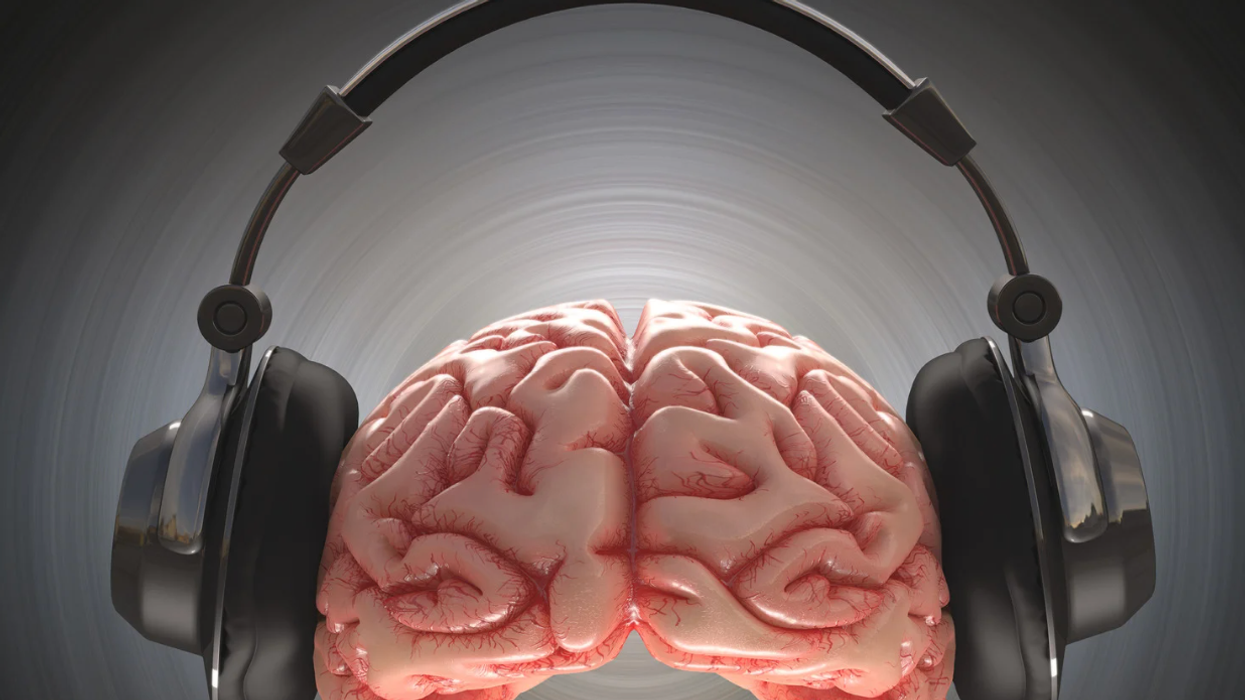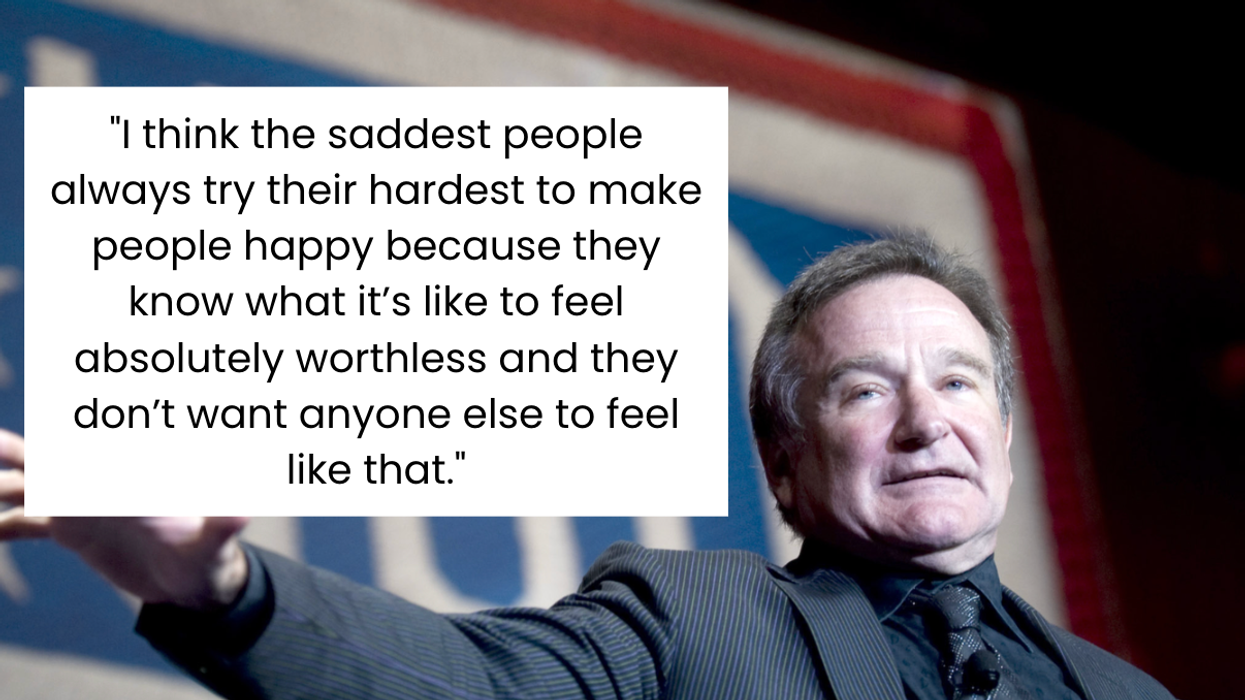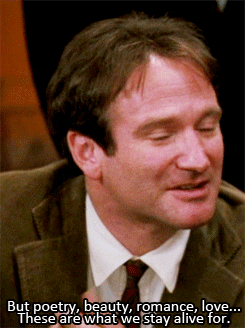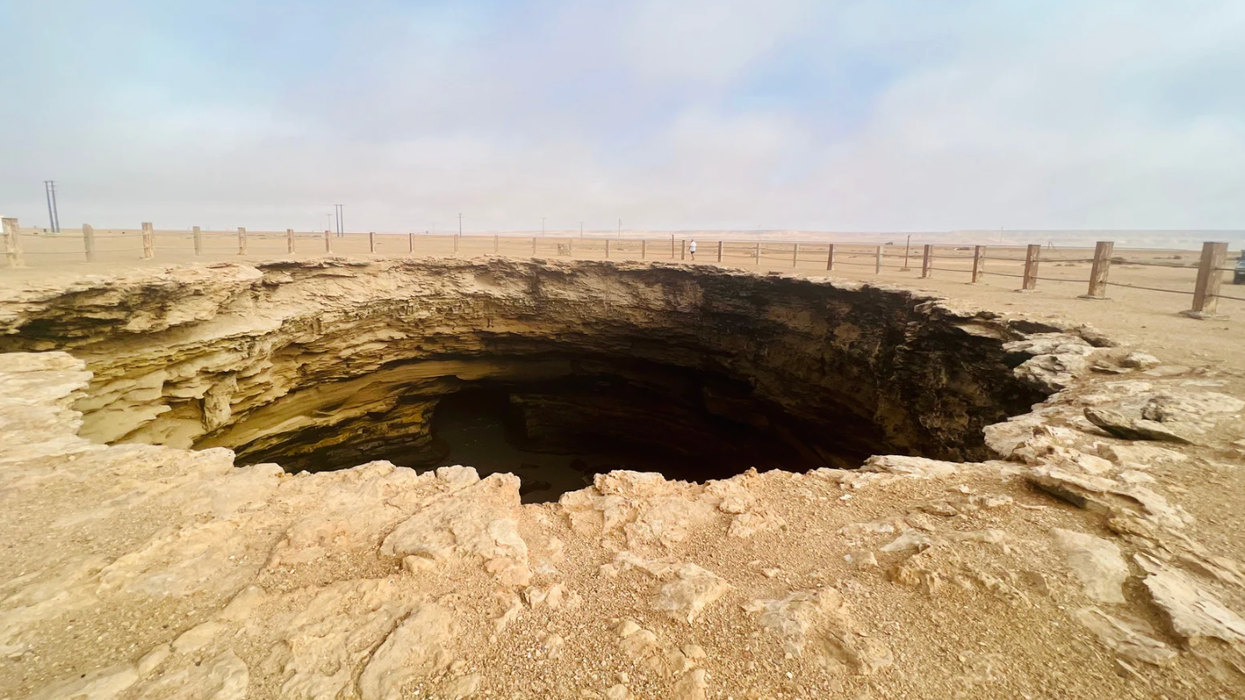Emma Coburn did something Monday night in Rio that no American had in three decades: medal in the steeplechase. In the 3000-meter race, which features 28 hurdles and seven water jumps, Coburn broke her own American record with a time of 9:07.63, earning bronze. After the race, she took off her New Balance shoes, hung them around her neck, and took a victory lap—exhibiting her individual sponsor in front of the cameras, in an act of defiance. The action directly challenges a long-standing Olympics policy notorious for inhibiting athletes’ ability to profit off their sport.
Rule 40 in the Olympic Charter bars any businesses (other than official corporate sponsors) from mentioning the Olympics or Olympic-related terms during the entire month of the games, and competitors from mentioning unofficial sponsors, even on social media. For competitors without household names, the rule is a major obstacle to funding, since companies can’t explicitly promote a sponsored athlete’s Olympic success. Elite American track and field athletes make less than $15,000 a year and receive no state funding, other than medal bonuses.
This summer, athletes and companies have fought back. Seattle-based Brooks Running Co., which sponsors 12 athletes in Rio, launched rule40.com and the #rule40 campaign to raise awareness of the U.S. Olympic Committee’s social media stranglehold. Meanwhile, on July 26, the day before the blackout started, many U.S. Olympians pinned tweets about their sponsors to the top of their timeline.
But Coburn’s New Balance display was the highest-profile protest yet. Runner’s World’s Erin Strout reported that Coburn, in a post-race interview, even mentioned the shoe company by name. She corrected herself, saying, “I mean, the company that pays me,” to laughter from the press.
Rule 40 is designed to help national Olympic committees fund operations through exclusive licensing deals—and indeed the exclusivity adds dollar value for the committees and sponsors—but when the reported $10 million that Nike annually pays USA Track and Field serves to disenfranchise rather than support athletes, something is amiss.

















 Robin Williams performs for military men and women as part of a United Service Organization (USO) show on board Camp Phoenix in December 2007
Robin Williams performs for military men and women as part of a United Service Organization (USO) show on board Camp Phoenix in December 2007 Gif of Robin Williams via
Gif of Robin Williams via 
 People on a beautiful hike.Photo credit:
People on a beautiful hike.Photo credit:  A healthy senior couple.Photo credit:
A healthy senior couple.Photo credit:  A diverse group of friends together.Photo credit:
A diverse group of friends together.Photo credit:  A doctor connects with a young boy.
A doctor connects with a young boy.  Self talk in front of the mirror.Photo credit:
Self talk in front of the mirror.Photo credit:  Lightbulb of ideas.Photo credit
Lightbulb of ideas.Photo credit 

 Superstructure of the Kola Superdeep Borehole, 2007
Superstructure of the Kola Superdeep Borehole, 2007 

